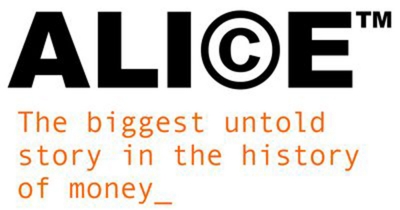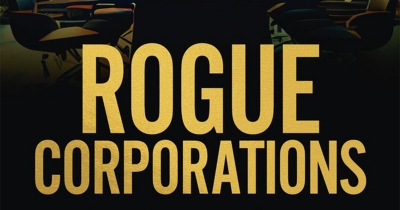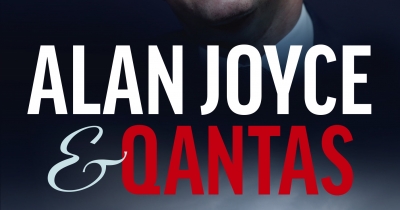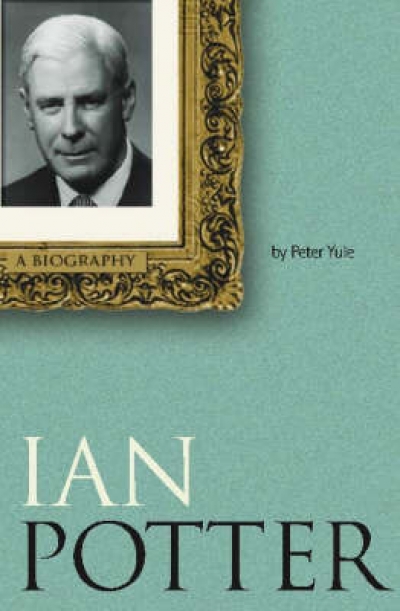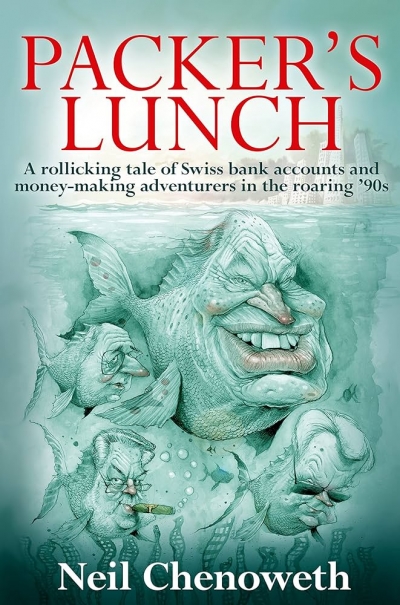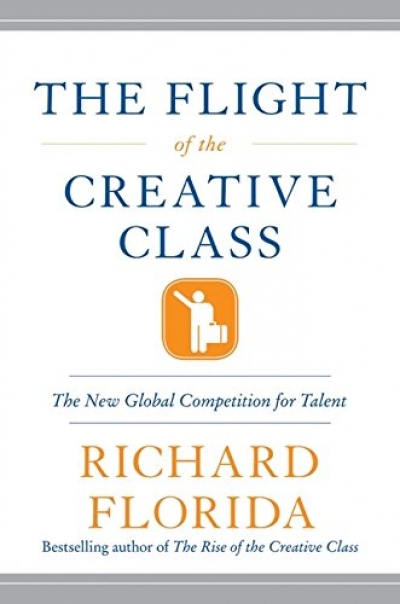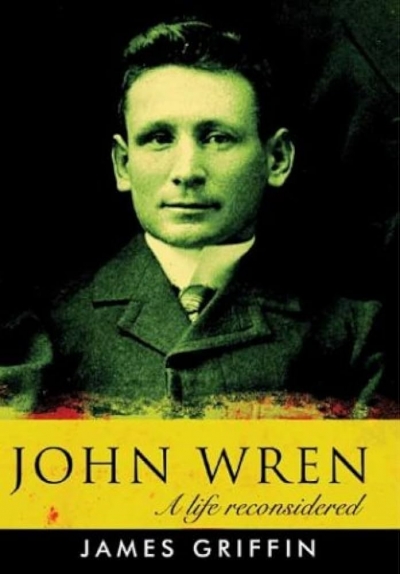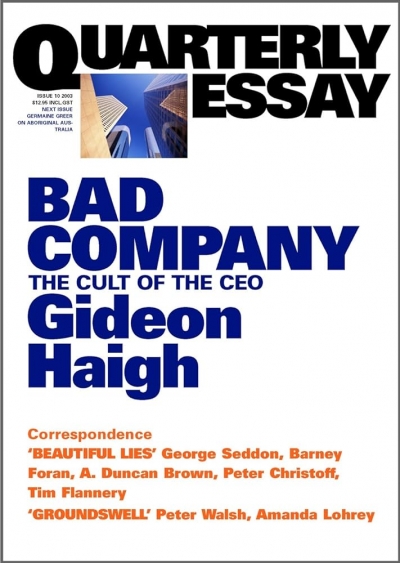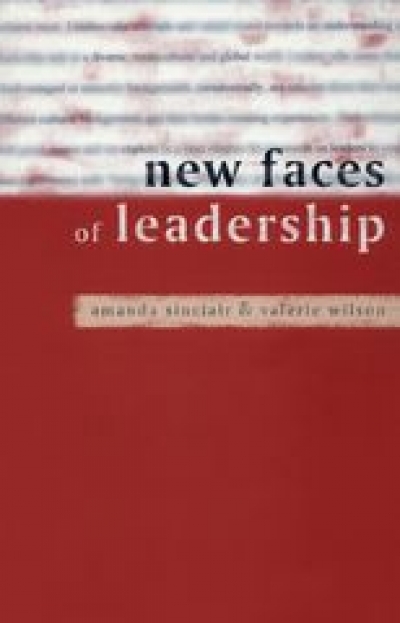Business
Alice™: The biggest untold story in the history of money by Stuart Kells
by Gideon Haigh •
Rogue Corporations: Inside Australia’s biggest business scandals by Quentin Beresford
by Stuart Kells •
Alan Joyce and Qantas: The trials and transformation of an Australian icon by Peter Harbison with Derek Sadubin
by Stuart Kells •
Packer’s Lunch: A rollicking tale of Swiss bank accounts and money-making adventures in the roaring 90s by Neil Chenoweth
by Peter Haig •
Bad Company by Gideon Haigh & The Big End of Town by Grant Fleming, David Merrett and Simon Ville
by Richard Walsh •
New Faces of Leadership by Amanda Sinclair and Valerie Wilson & Executive Material by Richard Walsh
by Craig Sherborne •

